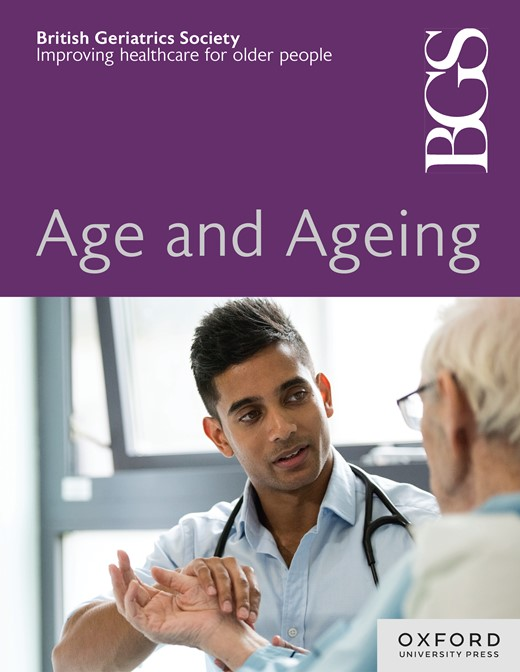临终前停止植入式心脏除颤器电击疗法:英国心脏节律学会共识指南
IF 6
2区 医学
Q1 GERIATRICS & GERONTOLOGY
引用次数: 0
摘要
越来越多的患者植入了植入式心律转复除颤器(ICD),目的是治疗高危患者的室性心律失常,降低他们的死亡风险。使用这些设备的患者寿命也越来越长。因此,越来越多的 ICD 患者会因心力衰竭、其他非心脏疾病或全身虚弱而病情恶化,预后有限。通常情况下,他们将由对 ICD 不太熟悉的非心脏科团队进行护理。因此,为了确保患者获得高质量的临终关怀,他们应该有机会考虑并讨论停用 ICD 电击功能的选择。如果不停止 ICD 的电击治疗,在患者生命的最后几天, ICD 可能会发出多次令人痛苦的电击,从而增加风险。此外,该设备还可能会延迟患者的自然死亡,而如果患者有机会讨论停止治疗,他们是不会选择自然死亡的。英国心脏节律协会已经制定了一份实用指南,为所有照 顾 ICD 患者的医护人员提供支持。其中包括不同设备类型的说明、伦理和法律方面的问题、ICD 讨论的时间和性质以及有关如何停用设备的实用建议。其目的在于提高专业人员与患者之间的认识和及时讨论,并鼓励最佳实践。本文章由计算机程序翻译,如有差异,请以英文原文为准。
The discontinuation of implantable cardioverter defibrillator shock therapies towards the end of life: consensus guideline from the British Heart Rhythm Society
Implantable cardioverter defibrillators (ICDs) are implanted in increasing numbers of patients with the aim of treating ventricular arrhythmias in high-risk patients and reducing their risk of dying. Individuals are also living longer with these devices. As a result, a greater number of patients with an ICD will deteriorate either with worsening cardiac failure, another non-cardiac condition or general frailty and will have a limited prognosis. Frequently, they will be cared for by non-cardiac teams who may be less familiar with ICDs. Therefore, to ensure the person receives high-quality end-of-life care, they should have the opportunity to consider and discuss the option to deactivate the shock function of their ICD. If the ICD shock therapy is not discontinued, there is an increased risk that, as a person reaches the last days of life, the ICD may deliver multiple, painful shocks that are distressing. There is also a risk that the device may delay the person’s natural death, which the person would not have chosen if they had been given the opportunity to discuss discontinuation. The British Heart Rhythm Society has developed a practical guideline to support all healthcare professionals who are caring for patients who have an ICD. This includes descriptions of different device types, ethical and legal aspects, timing and nature of ICD discussions and practical advice regarding how the devices may be deactivated. It aims to promote awareness and timely discussion between professionals and patients and to encourage best practice.
求助全文
通过发布文献求助,成功后即可免费获取论文全文。
去求助
来源期刊

Age and ageing
医学-老年医学
CiteScore
9.20
自引率
6.00%
发文量
796
审稿时长
4-8 weeks
期刊介绍:
Age and Ageing is an international journal publishing refereed original articles and commissioned reviews on geriatric medicine and gerontology. Its range includes research on ageing and clinical, epidemiological, and psychological aspects of later life.
 求助内容:
求助内容: 应助结果提醒方式:
应助结果提醒方式:


